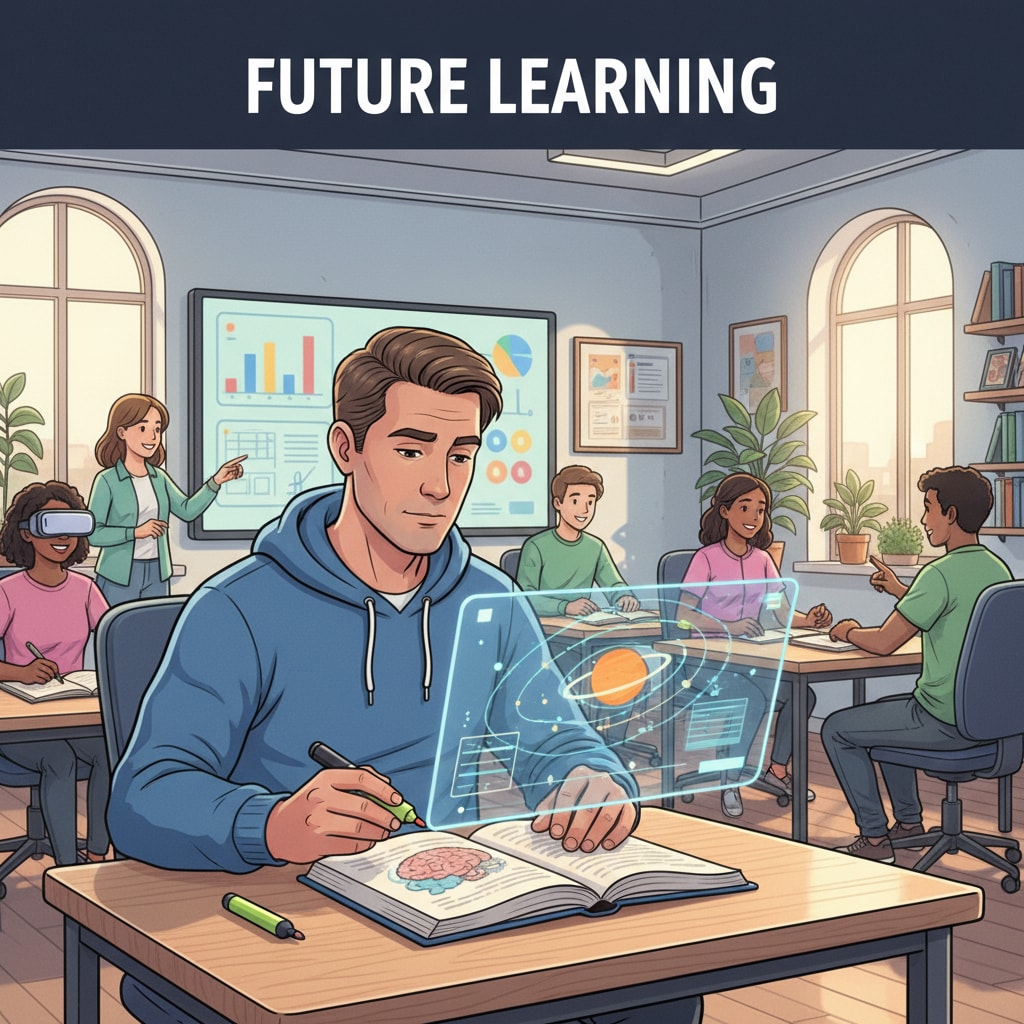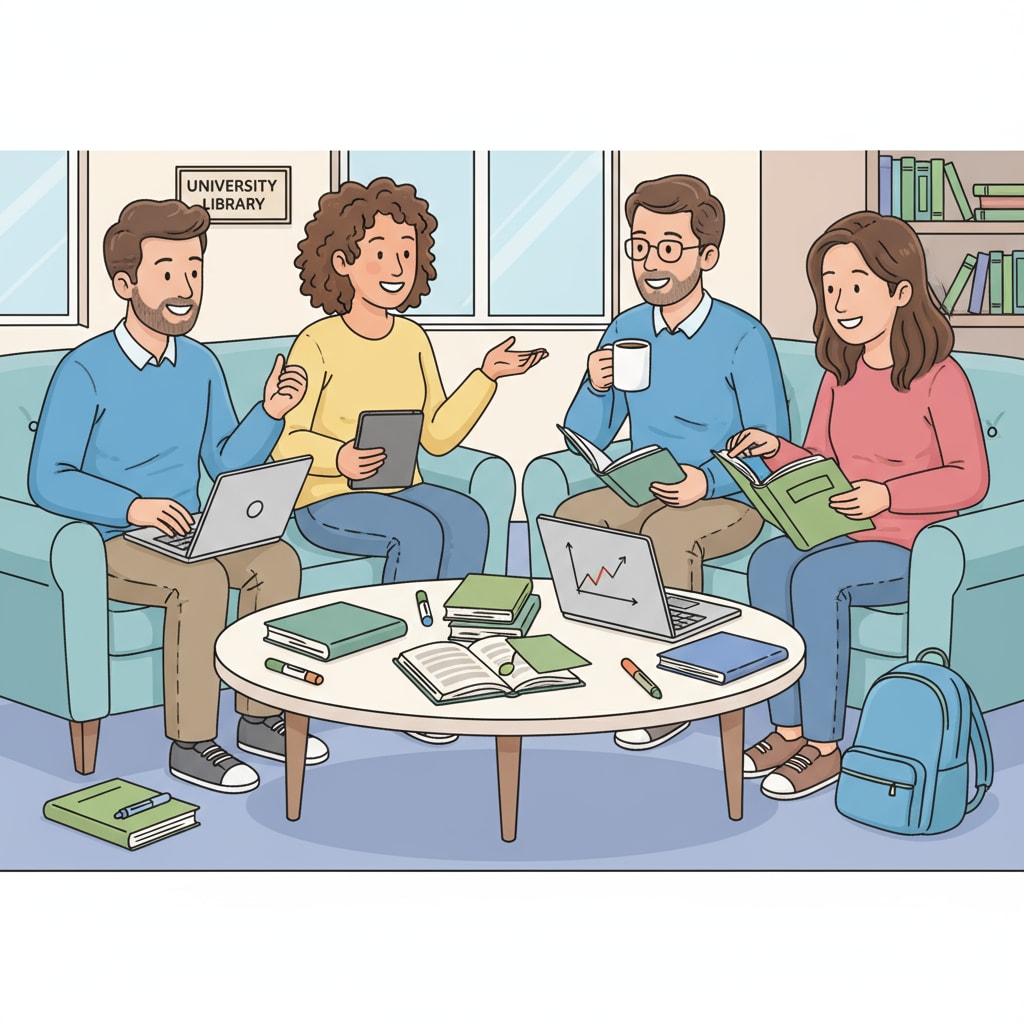School education, age concerns, and self-learning experiences often intersect in the minds of adults considering a return to formal education. Many wonder if it’s too late or if they have what it takes to succeed in a traditional school setting after 18. The truth is, it’s never too late, and there are numerous benefits to embarking on this journey.

The Advantages of Starting School Education After 18
One significant advantage is the maturity that comes with age. Adults have a better understanding of their goals and motivations. They are more likely to be self-driven and committed to their studies. For example, an adult who has worked in a particular field may return to school to enhance their skills and advance their career. This clarity of purpose can lead to more focused and efficient learning.
In addition, adults often bring a wealth of life experiences to the classroom. These experiences can enrich discussions and provide unique perspectives. A student who has traveled extensively or held various jobs can contribute to a more diverse and engaging learning environment.
Overcoming Age Concerns
Age concerns are common among adults considering school education. Fear of being the oldest in the class or not fitting in with younger students can be intimidating. However, it’s important to remember that today’s educational institutions are increasingly diverse, with students of all ages and backgrounds. Many schools also offer support services specifically designed for adult learners, such as counseling and flexible study options.

Another concern may be the perception that it will be more difficult to learn at an older age. While it’s true that learning styles may change, research shows that adults are fully capable of acquiring new knowledge and skills. In fact, their self-discipline and life experiences can be assets in the learning process.
The Role of Self-Learning Experiences
Self-learning experiences can be a great foundation for formal school education. Adults who have taught themselves new skills or knowledge independently have already developed important learning strategies. They know how to manage their time, set goals, and find resources. These skills can be transferred to the classroom, making the transition to formal education smoother.
For instance, someone who has learned a language on their own may have effective note-taking and memorization techniques that can be applied to other subjects. This prior self-learning experience can give them a head start in their academic journey.
Readability guidance: The article has presented the advantages, addressed age concerns, and highlighted the role of self-learning experiences. Each section uses short paragraphs and lists to summarize key points. Transition words like “however”, “in addition”, and “for example” are used to enhance flow. The passive语态 is kept to a minimum, and sentences are of appropriate length to ensure readability.


